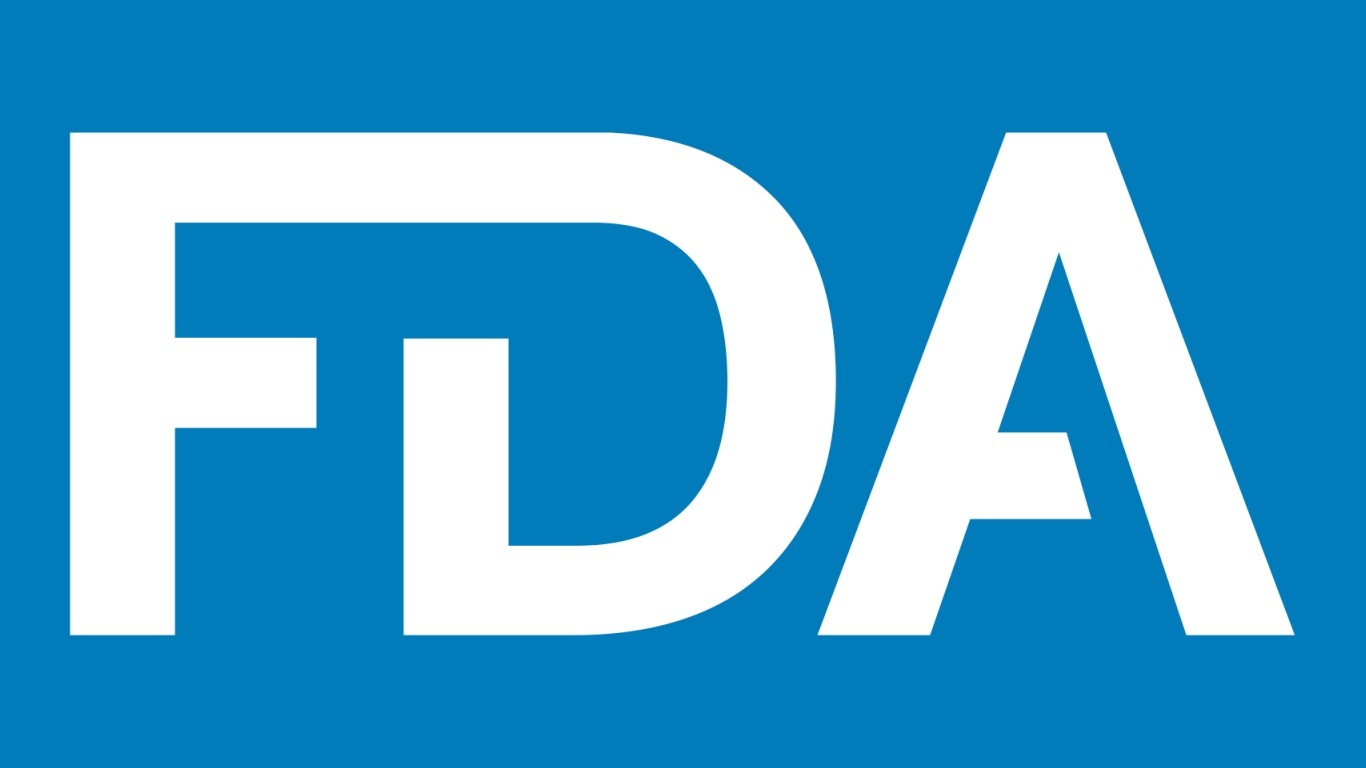The article addresses the aspects related to the responsibilities of the parties involved in clinical investigations, namely, study sponsors and clinical investigators.

Table of Contents
The Food and Drug Administration (FDA or the Agency), the US regulating authority in the sphere of healthcare products, has published a guidance document dedicated to the concept of informed consent in the context of clinical investigations involving human subjects.
The document provides an overview of the applicable regulatory requirements, as well as additional recommendations and clarifications to be taken into consideration by medical device manufacturers and other parties involved to ensure compliance thereto.
At the same time, provisions of the guidance are non-binding in their legal nature, nor are they intended to introduce new rules or impose new obligations.
Moreover, the authority explicitly states that an alternative approach could be applied, provided such an approach is in line with the existing regulatory framework and has been agreed with the authority in advance.
The scope of the guidance covers, inter alia, the relevant responsibilities of the parties involved in clinical investigations, including clinical investigators and study sponsors.
Responsibilities of Clinical Investigators: Overview
The clinical investigator plays a vitally important role in the clinical investigation process.
Its primary responsibility lies in safeguarding the rights, safety, and welfare of subjects participating in a clinical trial (study subjects).
This necessitates obtaining informed consent, which is deemed legally effective only when it meets all requirements set forth by the applicable legislation.
The document specifically emphasizes that federal and state laws can introduce additional regulatory requirements (in addition to the ones introduced by the FDA).
Before initiating the consent process with potential subjects, the clinical investigator should first have the informed consent, clinical investigation, and any related information approved by the Institutional Review Board (IRB).
This is a critical step outlined in 21 CFR 50.20, 50.27, and 56.109.
It also includes informing the IRB about who will be handling the consent discussion (whether it will be an investigator or another team member).
Certain institutions might have standard formatting or language requirements for consent forms, especially when discussing confidentiality, compensation, and the voluntary nature of participation.
The FDA acknowledges that consent forms might need to be tailored to meet these institutional needs before the initial review by the IRB.
During a clinical trial, consent forms might need adjustments to include new information, such as safety updates or protocol alterations.
Any revisions should be subject to approval by the IRB.
The latter also decides whether previously enrolled participants should be informed of these changes and if they need to reconfirm their participation given the new circumstances.
In extreme circumstances, where immediate hazards are apparent to the subject, modifications can be introduced even before IRB approval.
However, in such cases, the IRB should be notified without undue delay about the changes and the reasons for them.
Key Considerations for Clinical Investigators
The document further outlines key considerations for clinical investigators in the context of informed consent and procedures associated thereto, namely:
- Delegation of Consent Discussion: The FDA requires the investigators to obtain informed consent before commencing the study.
However, if this duty is delegated, the chosen individual should possess the necessary qualifications, training, and knowledge about the clinical investigation. The clinical investigator remains responsible for ensuring informed consent complies with the applicable requirements and, consequently, is legally effective. - Financial Relationships and Interests: As it was mentioned before, transparency about financial relationships is vitally important.
The clinical investigator should disclose details such as the source of funding or any potential financial conflicts. Actions required might include detailing these relationships in the consent form or modifying the consent process to ensure it remains unbiased. While the clinical investigator should address financial matters, IRBs hold the final authority on what financial details are shared during the informed consent process.
Responsibilities of Study Sponsors: Overview
First of all, the authority mentions that study sponsors are often the ones who supply clinical investigators with template consent forms.
These forms could then be adapted to meet the applicable local requirements. When the authority reviews these consent forms, feedback is typically provided to the sponsor.
However, any necessary modifications introduced to consent forms at a later stage should be promptly communicated to the clinical investigator, ensuring the forms comply with the requirements set forth by regulation 21 CFR 50.25.
It is vitally important for the clinical investigator to secure IRB approval before initiating the clinical investigation, thus necessitating close collaboration between the sponsor and the investigator. Once approved, a copy of the consent form should be shared with the sponsor.
Considerations for Sponsors
The guidance also describes the key consideration for study sponsors, namely:
1. Multicenter Clinical Investigations: In multicenter clinical investigations, consent forms might require adjustments to cover to varying local and institutional regulations.
If any major alterations are made that influence the rights, safety, or welfare of the study participants, the sponsor should inform all investigators and their respective IRBs.
If the investigation involves a central IRB in conjunction with local IRBs, modifications should be directed to the central IRB. Some studies, especially those involving medical devices and requiring IDE application submission, must have these changes submitted to the FDA.
2. Sponsor Personnel: In some studies involving medical devices, sponsor personnel might be present during procedures or follow-ups.
Their tasks can range from providing technical assistance to recording study-related data.
Participants need to be informed of their presence and their roles through the consent form.
In summary, the clinical investigation process requires strict compliance with the applicable regulations to ensure the protection and welfare of subjects. Both the clinical investigator and the sponsor have distinct roles and responsibilities in this respect and should follow the applicable requirements to a letter for the informed consent obtained to be legally effective.
How Can RegDesk Help?
RegDesk is a holistic Regulatory Information Management System that provides medical device and pharma companies with regulatory intelligence for over 120 markets worldwide. It can help you prepare and publish global applications, manage standards, run change assessments, and obtain real-time alerts on regulatory changes through a centralized platform. Our clients also have access to our network of over 4000 compliance experts worldwide to obtain verification on critical questions. Global expansion has never been this simple.


